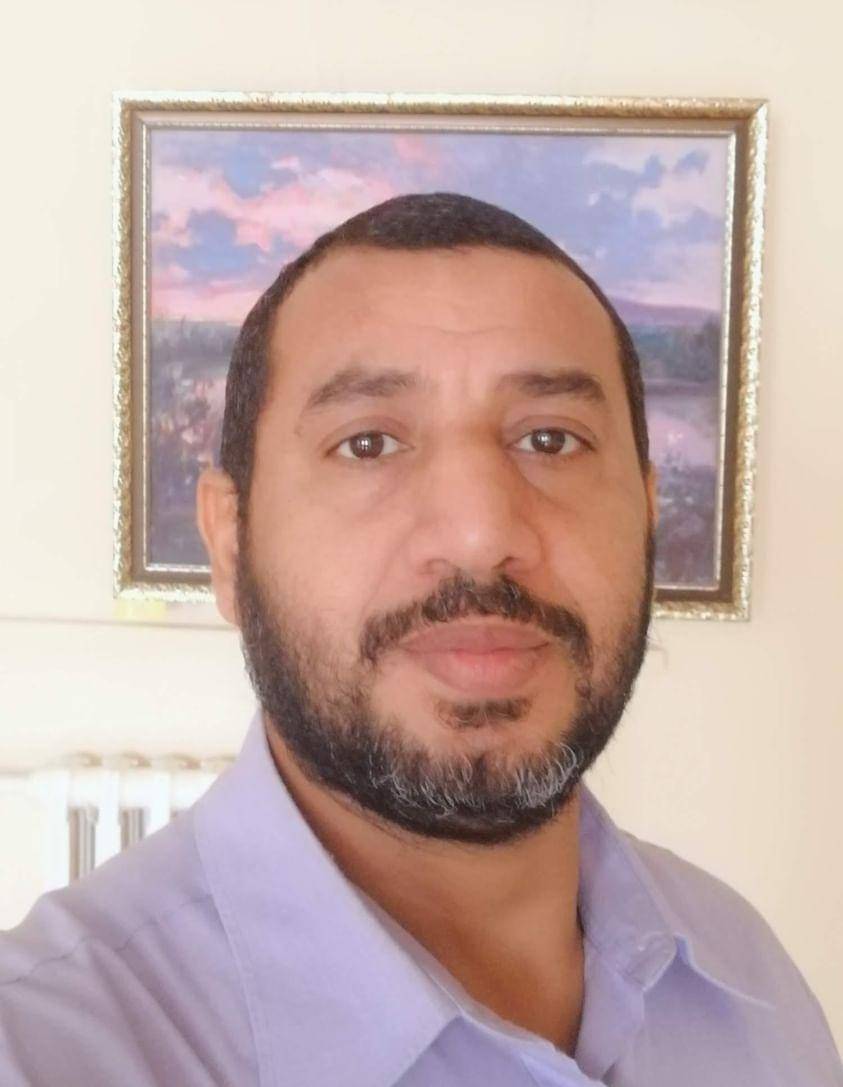Case Profile: Sabri al-Qurashi – From Guantánamo to Kazakhstan: A Life in Limbo


Background and Detention
Sabri Muhammad al-Qurashi, a Yemeni citizen born in 1973 in Saudi Arabia, was a businessman involved in the perfume trade, regularly traveling between Saudi Arabia and Pakistan to source supplies. In late 2001, during a routine business trip to Karachi, he became one of the many foreign nationals swept up in post-9/11 arrests by Pakistani intelligence services. In February 2002, Sabri was handed over to U.S. authorities in exchange for a bounty and subsequently disappeared into the black hole of U.S. detention.
He was detained for a month in Pakistan, where he endured harsh interrogations and abuse before being transferred to the U.S. military prison at Guantánamo Bay in May 2002. There, he spent over twelve years without charge or trial. During his time in U.S. custody, Sabri suffered extensive torture and mistreatment, including beatings, forced sleep deprivation, medical neglect, and long-term isolation—methods now widely recognized as part of the U.S. post-9/11 torture program.
Guantánamo Clearance and Transfer Deal
In 2009–2010, the Obama administration’s Guantánamo Review Task Force cleared Sabri for release, recognizing that he posed no threat. Despite this, he remained imprisoned for another six years. In late 2014, Sabri met with a Kazakh government delegation at Guantánamo, along with representatives from the U.S. State Department and the International Committee of the Red Cross (ICRC). He was assured that he would be resettled in Kazakhstan as part of an agreement between the U.S. and Kazakh governments. He was promised legal residency, the right to work, freedom of movement, and eventual integration into Kazakh society. The ICRC pledged to monitor his resettlement to ensure humane treatment. Based on these assurances, Sabri accepted the transfer.
Resettlement in Kazakhstan
Sabri arrived in Kazakhstan in December 2014, full of hope that his nightmare was finally over. However, those hopes were quickly shattered. Instead of being welcomed and supported, he and other resettled former detainees were placed under heavy surveillance, isolated from the public, and denied the legal status they were promised. Eight months after his arrival, Kazakh authorities informed Sabri and others that they were not welcome to remain in the country—labeling them as terrorists despite their clearance by U.S. authorities.
The ICRC initially supported Sabri with housing, healthcare, and a monthly stipend, but this support ceased in December 2024. Throughout his time in Kazakhstan, Sabri has been prohibited from working, denied access to higher education, and banned from receiving family visits. He has faced ongoing harassment and intimidation by police and intelligence agents. On multiple occasions, he has been detained without explanation. In one incident, he was physically assaulted by Kazakh intelligence officers, resulting in a broken facial bone and permanent nerve damage.
Ongoing Struggles and Advocacy
Sabri has lived in a state of legal limbo for more than a decade since his transfer. Despite repeated attempts to obtain legal residency or refugee status, his applications have been denied or left unanswered for months at a time. Each time his temporary stay permit expires, it is renewed for only a few months, keeping him in a perpetual state of insecurity.
In recent years, CAGE International has been actively advocating for Sabri’s rights. Working alongside former UN Special Rapporteur Fionnuala Ní Aoláin—who referenced the Kazakh cases in her report on post-Guantánamo detainee treatment—CAGE International successfully brought his case to the attention of the U.S. government. In 2023, U.S. embassy officials in Kazakhstan met with Sabri and assured him that his case would be resolved. He was encouraged to apply for refugee status, which he did.
However, the Kazakh authorities have continued to obstruct his path to legal recognition. His refugee application has been rejected twice, and the government has now explicitly stated that Sabri must either leave Kazakhstan voluntarily to a third country or face forcible deportation to Yemen—a country still engulfed in civil war and where former detainees face significant threats, including detention, torture, or enforced disappearance.
The Kazakh government is now pressuring Sabri to leave the country voluntarily to a third destination—or face forcible deportation to Yemen, where his life would be at serious risk
Sabri Muhammad al-Qurashi's case is emblematic of the global failures of post-Guantánamo resettlement efforts. It reflects a broader pattern of broken promises, legal black holes, and the quiet continuation of injustice long after the headlines have faded. Sabri’s only demand is simple and just: a legal status, the right to live in safety and dignity, and an end to the two-decade-long nightmare that began with a business trip and was prolonged by geopolitical betrayal.
Download Files








